Long COVID in 2025: A Public Health Crisis That’s Not Going Away
The Digital Detox Dilemma: Is Unplugging the Cure for Modern Stress?
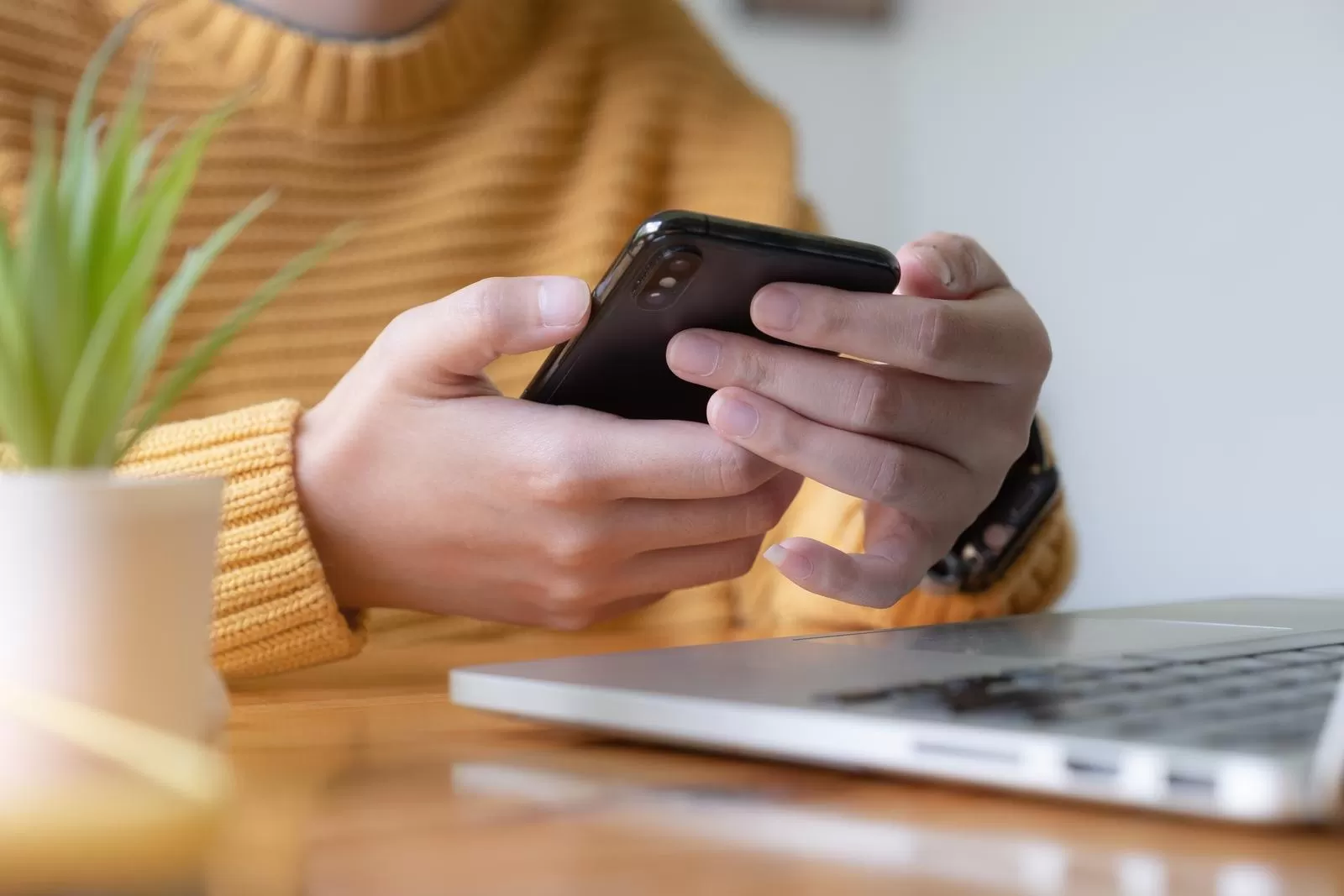
In an era where smartphones are an extension of our hands and social media never sleeps, the term "digital detox" has emerged as a trending solution to modern anxiety. From celebrities to psychologists, voices across the spectrum advocate for stepping away from screens to restore mental balance. But as our lives become increasingly integrated with technology—from work to wellness—is disconnecting a real solution or a passing wellness trend?
What Is a Digital Detox? The Basics of Unplugging
The concept of digital detox involves intentionally reducing screen time—particularly from phones, tablets, and social media—to reduce stress and improve mental well-being. Popularized over the past decade, detox retreats, app blockers, and “no-phone Sundays” have grown into a micro-industry promising psychological clarity and emotional refreshment.
The Science Behind the Stress: How Screens Impact Mental Health
Research supports some of these claims. Studies show that excessive screen time—especially social media use—is linked to increased symptoms of anxiety, depression, and insomnia. The dopamine-driven design of apps, built to reward endless scrolling, plays a role in addictive behavior patterns. For many, checking notifications becomes a reflex rather than a conscious choice.
The Benefits of Detoxing: Breaking the Cycle of Overstimulation
Digital detoxing attempts to break that cycle. Individuals report improved mood, better focus, and higher quality sleep after spending a few days or weeks unplugged. Mental health experts agree that the constant influx of information, comparison, and artificial urgency triggered by online life contributes to cognitive overload and burnout.
The Limits of Detoxing: When Unplugging Isn’t Practical
However, the narrative isn’t entirely positive. For some, especially younger generations or remote workers, technology is not just a convenience—it’s a necessity. Social interaction, professional communication, and even therapy sessions are increasingly conducted online. Completely unplugging can feel isolating or even impractical. This has led some professionals to advocate for “digital hygiene” instead of full detox: managing screen habits mindfully rather than eliminating them altogether.
Digital Hygiene: A Balanced Alternative to Detoxing
Digital hygiene focuses on setting boundaries—such as turning off non-essential notifications, creating tech-free zones at home, or limiting social media to certain times of the day. These approaches aim to promote a healthier relationship with technology without inducing guilt or unrealistic expectations.
Equity and Access: Who Gets to Unplug?
There's also the equity dimension to consider. For people in low-income or rural areas, smartphones might be the primary connection to health services or education. Framing digital detoxing as a universal solution risks ignoring how tech bridges gaps in accessibility.
Mindfulness Over Detox—Finding Balance in a Digital Age
Digital detoxing can offer temporary relief in a hyperconnected world, but it’s not a one-size-fits-all solution. Instead, cultivating digital mindfulness and personalized boundaries may provide a more sustainable path to mental well-being. In 2025 and beyond, learning how to live with technology—not without it—may be the real key to unlocking healthier minds.
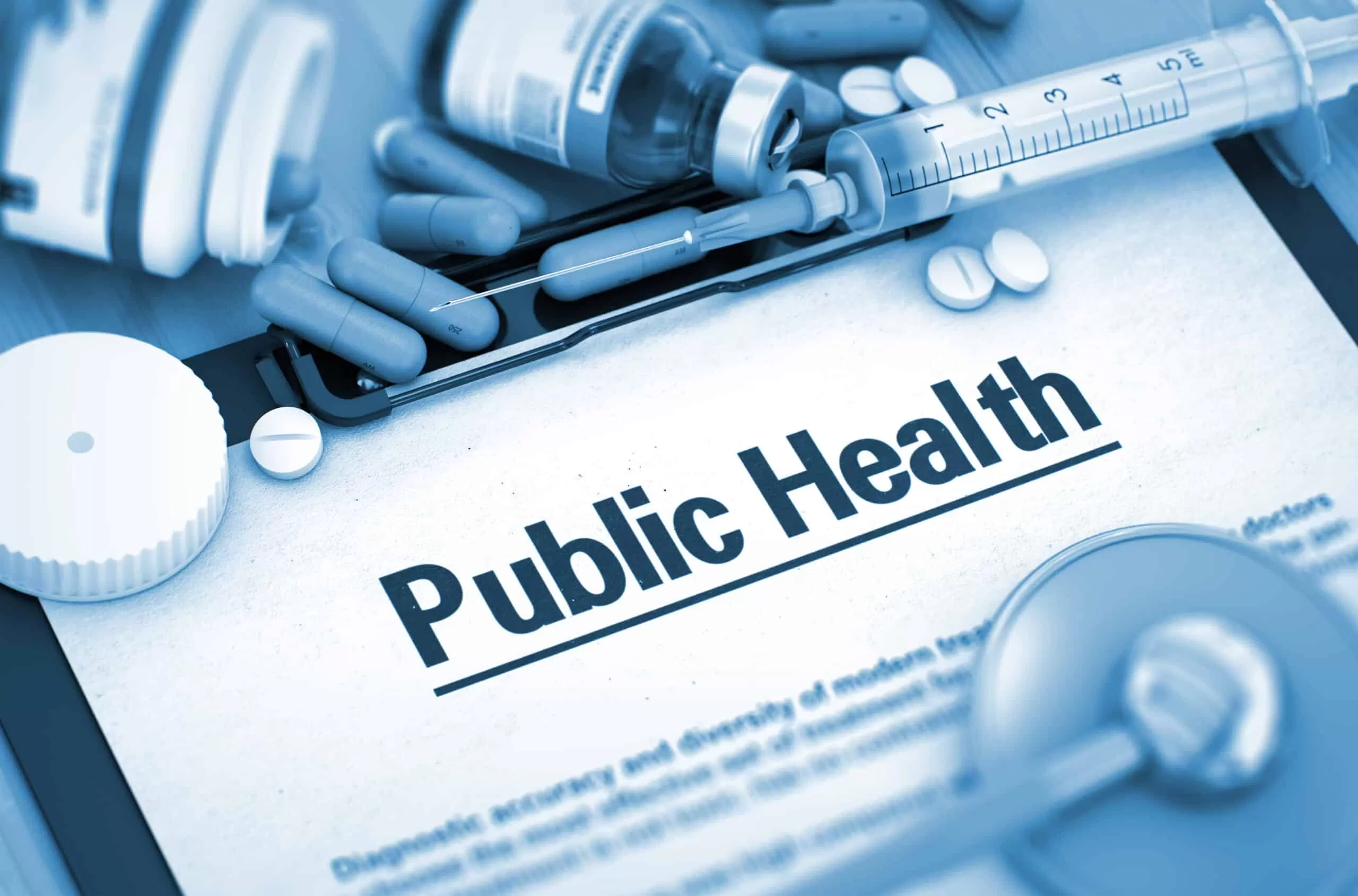

Urban Gardening: How City Dwellers Are Growing More Than Just Food
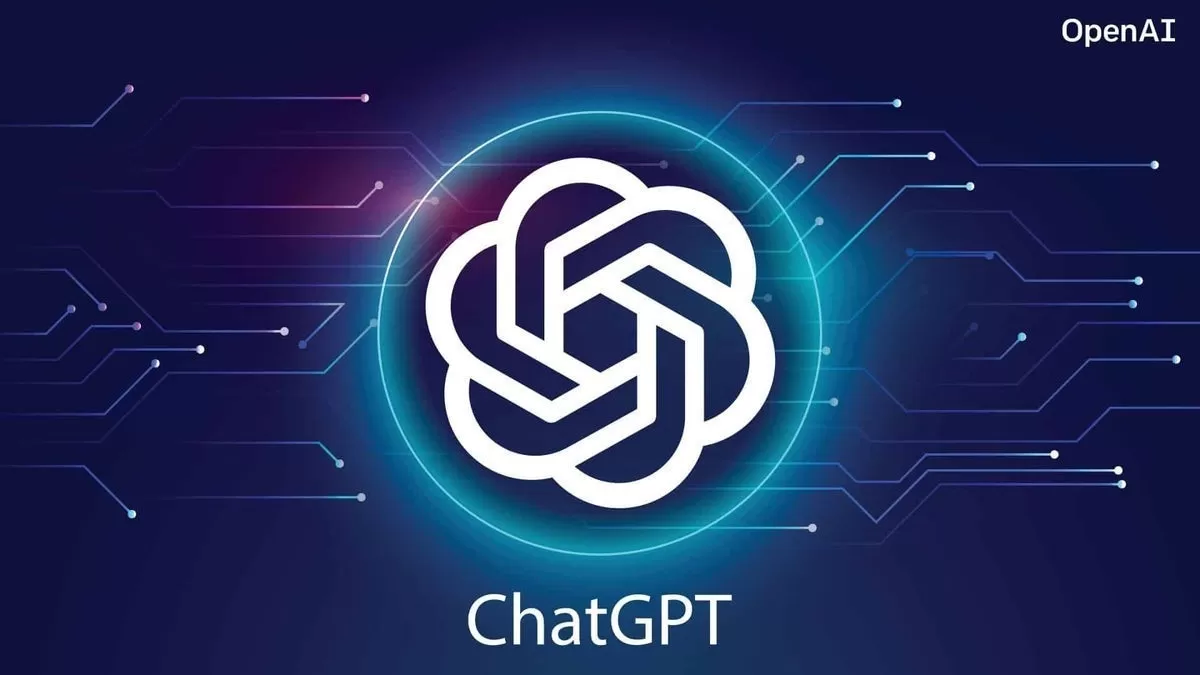
The Great AI Copyright War: Who Owns the Outputs?

The Hidden Cost of Climate Change on Public Health
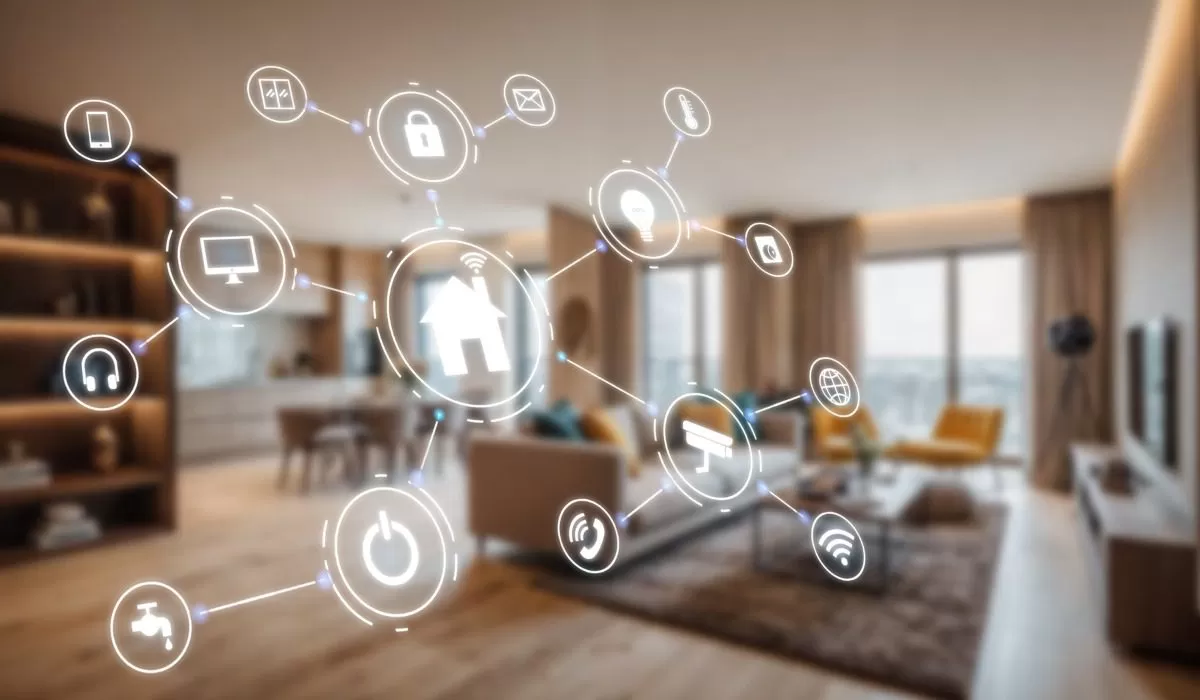
Smart Home Revolution: How IoT Is Redefining Modern Living
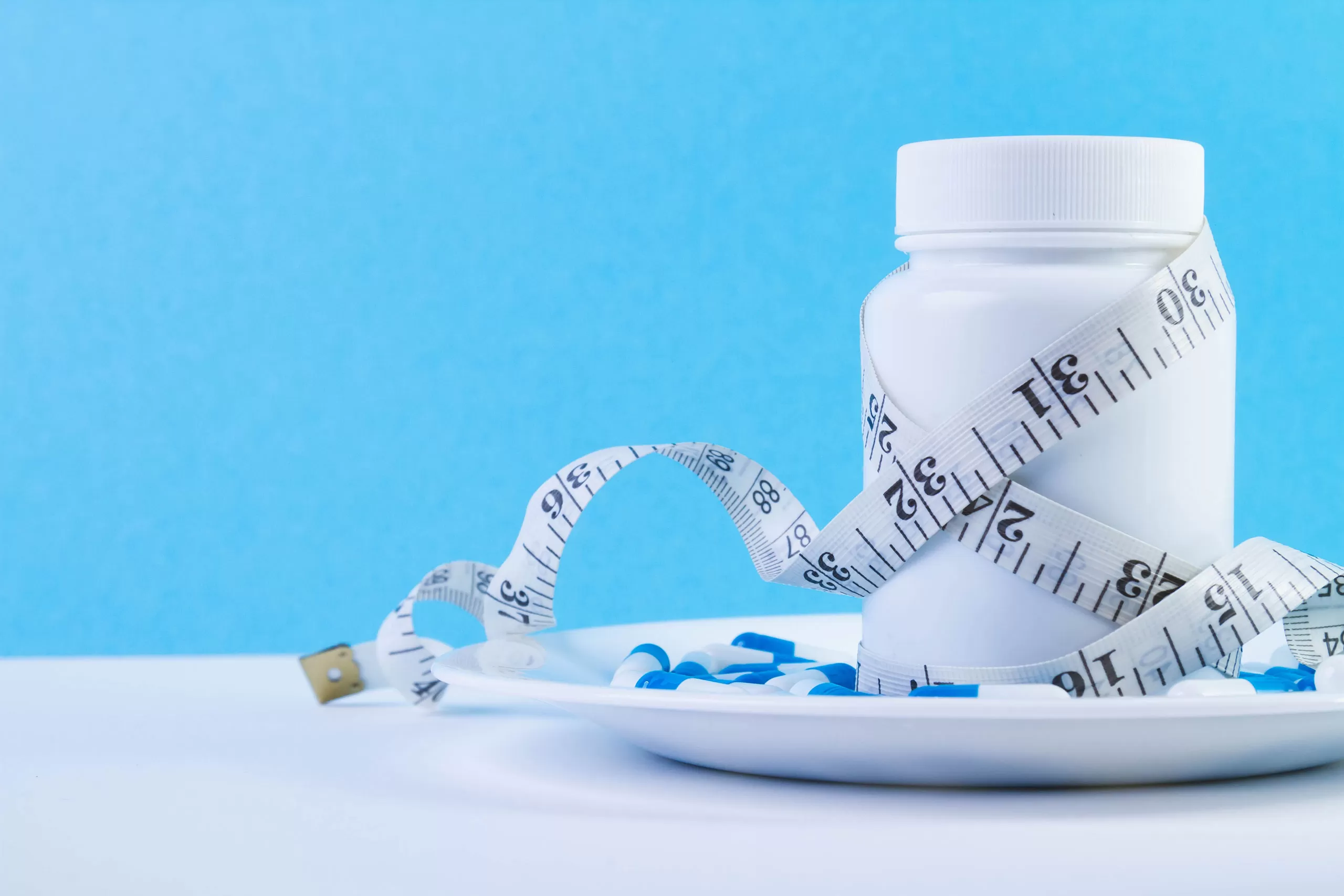
The Weight Loss Drug Boom: What’s Behind the Global Ozempic Craze?
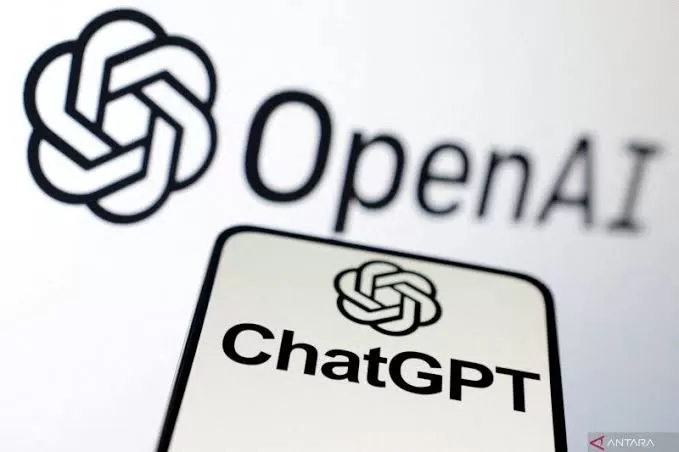
AI Is Quietly Rewriting the Rules of Money in 2025

The Minimalist Home: Redesigning Life With Less Clutter and More Clarity
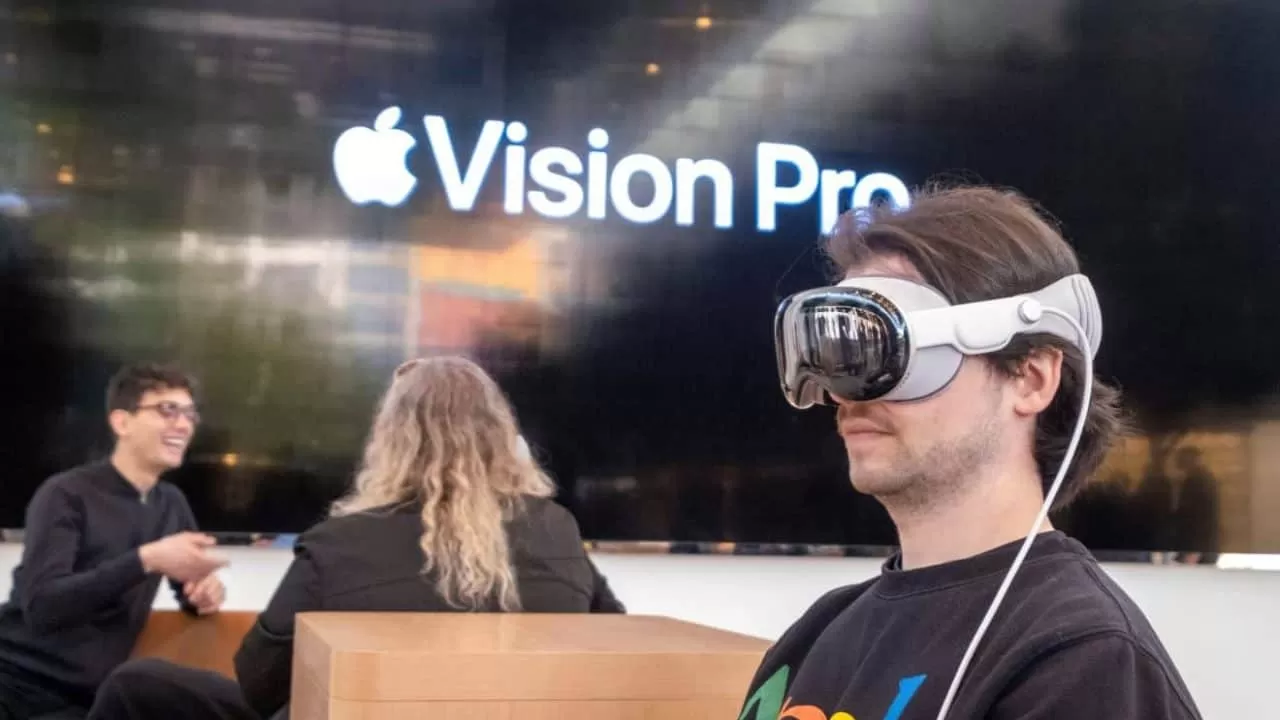
The Rise of Spatial Computing: Why Apple Vision Pro Is Just the Beginning

Work-Life Reimagined: Designing a Lifestyle That Prioritizes Wellbeing